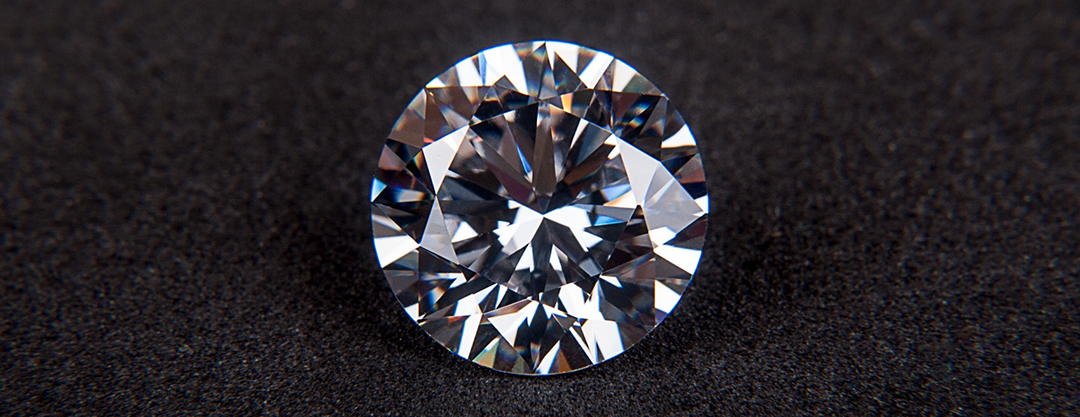Best wishes for a Happy New Year!
My resolution? I want you to be the most informed, knowledgeable jewelry consumers ... able to sort fact from fancy, hype from truth. So let's start the new year with some helpful diamond facts (Part One) that you might find surprising. The Diamond Producers Association and I condensed the facts, for brevity.
Diamonds are older than life on Earth. Most were created one to three billion years ago. Originating 100 miles below the earth's surface, most were pushed up by volcanic eruptions through what are called "Kimberlite pipes" (mainly in Africa) 300-400 years ago. Diamonds are the oldest things most of us will ever hold.
Diamonds are getting more rare every day, which is why they continue to grow in value. The number of "recovered" diamonds (mined from the ground) peaked in 2005 and will decrease significantly over the next decade. They're hard to find, and the larger the diamond, the harder it is to find.
You can see how natural diamonds are rare and gorgeous things, and if you wear a diamond wedding ring, (or a right-hand ring, pendant or earrings), you know firsthand the joy a natural diamond has brought to your life. It's been with you through thick and thin, and with proper care will last billions of years. Now that's a long-lasting heirloom!
Online they look alike. Don't get stuck with the diamond on the right - the numbers didn't tell the whole story.
I sell natural diamonds. My prices are competitive with prices you will find online. But there are additional, more important benefits:
1) When I source diamonds for you, you get to choose the brightest and best value. When you buy online you aren't sure what you're going to get.
2) Contrary to what online sellers tell you, you cannot go by the numbers. There's a lot more to diamonds than what the numbers tell you. Look at the image to your right for an example.
3) I also guarantee that the diamond I sell you is natural, not lab-grown.
Speaking of lab-grown, keep in mind ...
Despite availability of equipment to detect them, many lab-grown diamonds are traded to unsuspecting hobby dealers and buyers through pawnshops and online buying sites, even Craig's List! Until more of these types of dealers have the testing equipment I would recommend buying a diamond only from a trusted brick and mortar retailer who will be there after the sale. The diamonds I source have a Gemological Institute of America report confirming they are natural before I purchase them on your behalf.
The biggest reason to avoid a lab-grown "diamond?" They're expensive now, and like computers, as production ramps up supply will increase, probably causing a drop in price. I sure don't want to tell you a few years from now that you need to update your insurance appraisal - downward.
If you'd like to learn more about natural or synthetic diamonds please contact me.


